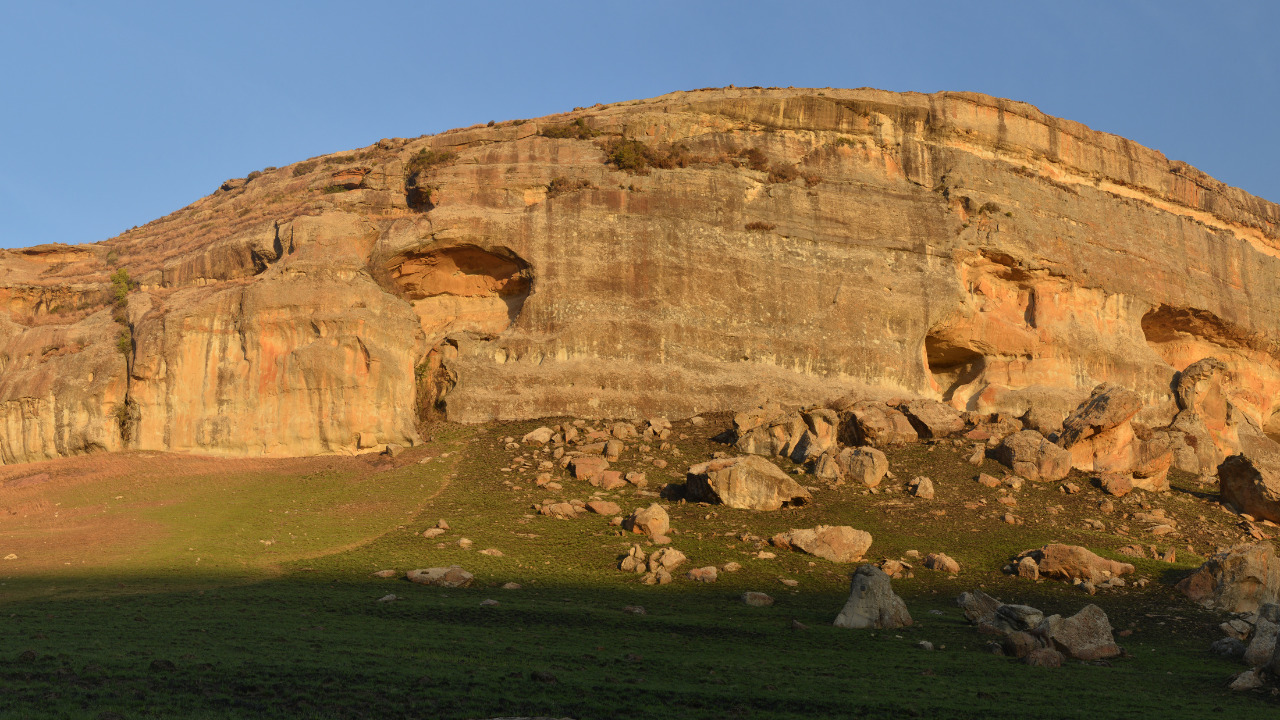Americas: Argentina to decide its presidential candidates in 13 August primaries
Sectors: all
Key Risks: political instability; policy uncertainty
In Argentina, on 13 August the presidential primaries – for which voting is mandatory for all citizens aged 18-70 – will be held. The primaries tend to be an accurate indicator of the outcome of the presidential election, which will be held on 22 October. The main centre-right opposition bloc Juntos por el Cambio (JxC) currently narrowly leads polls over the ruling Peronist Frente de Todos coalition. Economy Minister Sergio Massa and far-right libertarian economist Javier Milei are highly likely to win a place in the presidential vote, along with the winning JxC candidate – to be decided in the primaries, in what some polls predict will be a close-fought race between Buenos Aires Mayor Horacio Larreta and former security minister Patricia Bullrich. An opposition win looks most likely under the current outlook, though uncertainty – heightened by high levels of voter apathy – will persist until the 22 October vote.
Asia Pacific: Imran Khan convicted as Pakistan’s elections approach
Sectors: all
Key Risks: civil unrest; political unrest
In Pakistan, on 5 August former prime minister Imran Khan was arrested after a court sentenced him to three years in prison for illegally selling state gifts. Irrespective of the veracity of the charges, the move appears to be an attempt by the military to prevent Khan from running in Pakistan’s general elections. Khan was previously arrested in May – a move that triggered nationwide protests – although the military’s crackdowns may limit their ability to organise mass demonstrations. Pakistan’s political crisis is superimposed on a country that is suffering economically and facing a rising risk of Islamist extremist violence, as illustrated by the 30 July suicide attack that killed at least 68 people during a political rally by the religious party Jamiat Ulema-e-Islam-Fazal (JUI-F) in northwestern Pakistan. The political situation remains tense and there is a possibility of localised violence in the coming weeks.
Eurasia: Major Russian commercial port of Novorossiysk attacked by sea drones
Sectors: all; shipping; grain; oil
Key risks: war on land; commercial disruptions
In Russia, on 4 August the Defence Ministry reported that Ukrainian sea drones attacked the Black Sea port of Novorossiysk in Krasnodar Krai and were destroyed by warships. No damages or casualties were reported. However, Ukrainian media, citing the Security Service of Ukraine (SBU), reported that one of the drones heavily damaged the Olenegorsky Gornyak landing ship. A video of the alleged incident was later released, showing the damaged ship. This is the first time Kyiv targets one of Moscow’s main commercial ports. According to the Caspian Pipeline Consortium – which operates an oil terminal there – the attack prompted the port to temporarily halt all ship movements. Both Kyiv and Moscow have intensified their attacks on each other’s commercial infrastructure in the Black Sea, and further such attacks with a potential to disrupt shipping in the region are likely.
Europe: Sweden and Denmark tighten border controls following Quran-burning protests
Sectors: all
Key Risks: terrorism; border security; civil unrest;
In Sweden and Denmark, on 1 and 3 August, respectively, authorities announced that they were enacting heightened border security measures due to an increased threat to their security amid a series of protests featuring Quran burnings. Stockholm granted police extended powers to carry out border checks, including body searches and increased electronic surveillance, while Copenhagen tightened its border controls initially until 10 August. A series of protests featuring Quran burnings in the two countries triggered outrage among Muslim populations, culminating in the storming of the Swedish embassy in Iraq on 20 July. On 30 July Danish and Swedish officials stated that they were exploring ways to legally limit the protests to de-escalate tensions. Further security measures are likely.
MENA: Libya’s High Council of State elects new chairman
Sectors: all
Key risks: political stability; internal conflict
In Libya, on 6 August Khalid al-Mishri was elected to replace Mohammed Takala as the new chairman of the High Council of State (HCS) by its members, winning by 67 to 62 votes in a televised ballot. While the Tripoli-based HCS is a consultative body, it has a major say in political matters as part of the 2015 UN-backed Libyan Political Agreement. As such, the HCS has been in talks with the Tobruk-based House of Representatives (HoR) to outline a path for elections. The failure to hold elections as scheduled in December 2021 prompted the HoR to declare the Tripoli-based Government of National Accord (GNA) led by Prime Minister Dbeibah illegitimate. Under pressure from the UN, al-Mishri is expected to continue mediating between the HoR and Dbeibah and planning the next elections in a bid to unify the rival governments.
Sub-Saharan Africa: Niger military closes airspace indefinitely
Sectors: all
Key Risks: war on land; foreign intervention
In Niger, on 6 August the ruling military junta closed the country’s airspace indefinitely and accused unnamed foreign governments of preparing an attack. This came after the junta rejected an ultimatum from the Economic Community of West African States (ECOWAS) regional bloc to reinstate deposed President Mohamed Bazoum by 6 August or face military action. The deadline has since expired and ECOWAS has not yet issued a statement, nor are there indications of an imminent military mobilisation. While ECOWAS has taken a hardline approach to the latest coup, it remains to be seen if it can pressure the military government to restore democratic order. Any ECOWAS operation will require the permission of all active members and a large security operation will likely take several weeks to organise. A security operation also carries the risk of turning into a drawn-out conflict which would destabilise the region.

